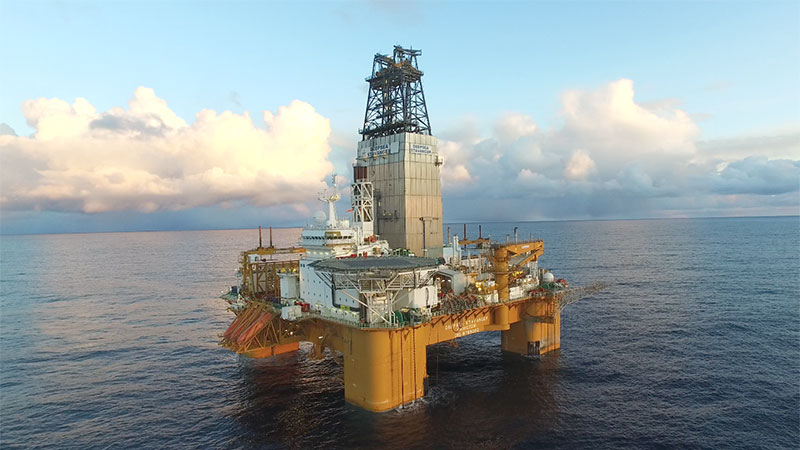(Reuters) – Global crude oil markets have lost about a fifth of their value in 2020 as strict coronavirus lockdowns paralysed much of the global economy, but prices have rebounded strongly from their lows as governments rolled out stimulus.
On Thursday, the last trading day of 2020, Brent was down 8 cents, or 0.2%, at $51.55 a barrel, as of 0756 GMT and U.S. West Texas Intermediate lost 13 cents, or 0.3%, to $48.27 a barrel.
“It is kind of year-end quiet, but a weaker dollar is helping keep a floor under markets,” said Stephen Innes, chief global market strategist at Axi.
Brent and WTI have more than doubled from decade-lows seen in April, putting past a year which marked the first negative prices for WTI that shocked investors globally.
Asian shares edged up on Thursday and were set to end a tumultuous 2020 at record highs, after growing investor hopes for a global economic recovery caused the dollar to fall further against most major currencies.
The dollar was ending 2020 in a downward spiral with investors wagering a global economic recovery will suck money into riskier assets even as the United States has to borrow ever more to fund its swelling twin deficits. [USD/]
Global commodity markets are poised to end 2020 on a strong note, with recovering demand and widespread stimulus packages buoying prices after a roller coaster ride caused by the coronavirus.
Roll-outs of vaccines to combat the virus and trillions of dollars’ worth of fiscal support are expected to boost investment and spending in 2021.
In the short-term, concerns over coronavirus lockdowns are likely to cap gains.
A new variant of the virus in Britain has led to the reimposition of restrictions on movements, hitting near-term oil demand and weighing on prices, while hospitalizations and infections have surged in parts of Europe and Africa.
On the supply front, U.S. energy firms this week added 3 oil and natural gas rigs to the best quarter for boosting the rig count since the second quarter of 2017, according to data from Baker Hughes.
A Jan. 4 meeting of the Organization of the Petroleum Exporting Countries and allies, including Russia, a group known as OPEC+, is set to boost output by 500,000 barrels per day in January.



